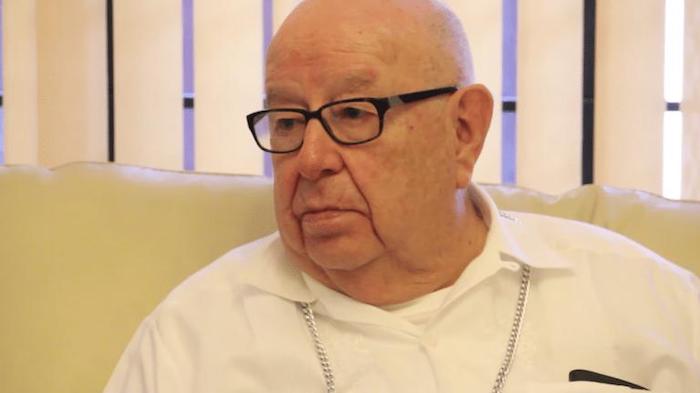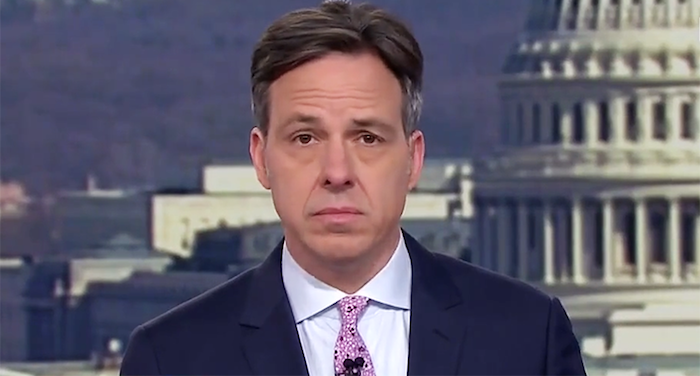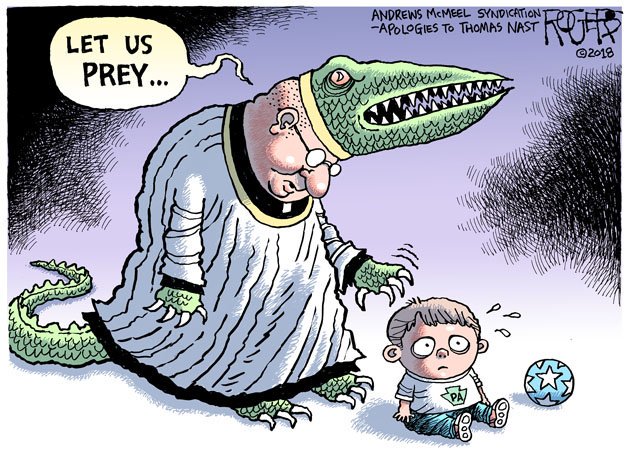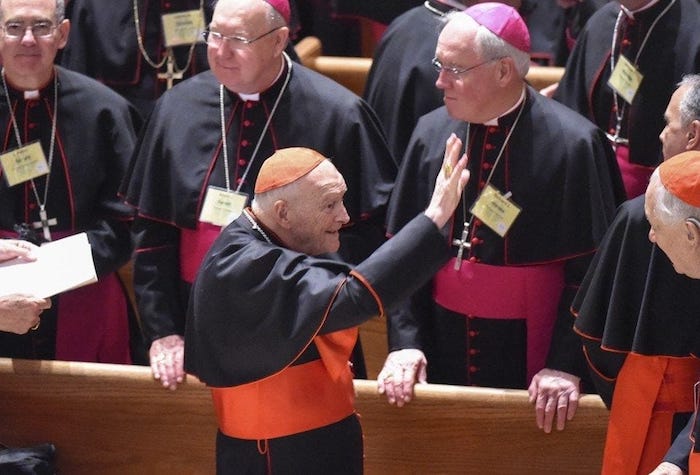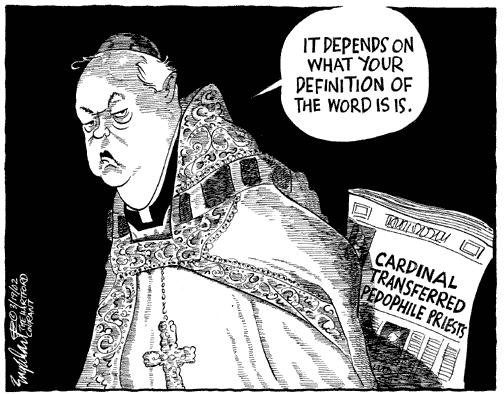
By Ed Mahon, Holly Meyer, and Xerxes Wilson
In an internal diocese memo from Erie in northwestern Pennsylvania, a priest admitted to being “aroused” while tutoring a boy, hugging him and sharing sexually suggestive text messages with multiple boys.
The priest’s bishop admonished him to “cease and desist,” but Catholic Church leaders didn’t pass that information along to authorities until six years later — and only then in response to a grand jury subpoena.
The Rev. David Poulson resigned from the diocese this past February, three months before he was charged with sexually abusing two boys.
Poulson’s case is an example of how abuse and cover-up continue to plague the Catholic Church, even after the issue first exploded into the national consciousness some 16 years ago in Boston. Since then, the church has vowed to make improvements and paid out billions of dollars of parishioners’ tithes to victims.
In March, a Vatican tribunal found the archbishop of Guam, Anthony Apuron, guilty of “certain accusations” involving the sexual abuse of minors.
In July, Pope Francis accepted the resignation of retired Cardinal Theodore McCarrick, the former archbishop of Washington, D.C., who is alleged to have sexually abused a minor 47 years ago.
And in Pennsylvania, Poulson was one of the 301 predator priests identified in a sweeping grand jury report released Tuesday that detailed child sexual abuse in six Pennsylvania Catholic dioceses and religious leaders’ efforts to cover it up. The investigation identified more than 1,000 victims.
“There is an entrenched infrastructure of secrecy in the Catholic Church that continues to reward concealment rather than disclosure,” said Co-Director Anne Barrett Doyle of BishopAccountablity.org, a group that collects data and researches sex abuse in the church.
Much remains hidden still about clergy sex abuse across the USA, she said. That is why the Catholic Church continues to struggle with it.
Most of Tuesday’s grand jury report, one of the most extensive public accountings of abuse within the Catholic Church to date, deals with events before the early 2000s. And the report points to promising signs in the past 16 years, saying victims “are no longer quite so invisible.”
The U.S. Conference of Catholic Bishops adopted the Charter for the Protection of Children and Young People in 2002. It set procedures for addressing allegations of clergy sexual abuse of minors and came in wake of The Boston Globe‘s investigation into priest abuse and the ensuing national crisis.
Still, the scandals and cover-ups have continued. In multiple states, the church has resisted efforts to reform statute-of-limitation laws to allow people abused as children, sometimes decades ago, to seek compensation through civil lawsuits.
“It prevents more victims if we get exposure,” said Florida lawyer Michael Dolce, who is a child-sex-abuse survivor and advocated for Florida to repeal its statute of limitations for such crimes. “It raises the information in the community as a whole by exposing the secrecy.”
The grand jury report and Pennsylvania Attorney General Josh Shapiro were critical of actions the church took since 2002:
• In 2002, a victim inspired by the revelation of abuse in the Boston Archdiocese reported that a priest in the Allentown Diocese abused her. The district attorney didn’t pursue a criminal case, citing the statute of limitations, and the diocese and its lawyer “attempted to undermine and discredit” the victim and her family, according to the grand jury report.
• In June 2002, the bishop in the Erie diocese wrote to a victim that he was shocked the victim would “go to the press directly rather than contact me regarding the past.”
• In 2013, the Greensburg diocese received email from a victim concerned after seeing photos of a priest on a parish website, even though the priest was dismissed from the church a decade earlier following multiple complaints of child sexual abuse.
• In 2014, Harrisburg Bishop Ronald Gainer wrote to the Vatican to recommend that one accused priest not be removed from the priesthood even though he was taken from active ministry. Gainer wrote that the priest should “be permitted to live out his remaining years in prayer and penance, without adding further anxiety or suffering to his situation, and without risking public knowledge of his crimes.”
In a statement after the grand jury report, the Harrisburg diocese said the letter didn’t accurately represent the action taken and was not part of a cover-up.
“Only when they’ve been forced again into a corner are they doing the right thing,” state Rep. Mark Rozzi, a Pennsylvania legislator who testified before the grand jury as an abuse victim, said Wednesday in a radio interview.
Without the grand juries, “they would still be doing exactly what they have always done,” he said.
Hilary J. Scarsella, who studies sexual violence and trauma as a doctoral candidate in theological studies at Vanderbilt University in Nashville, Tennessee, said the church needs to put concerted energy into an external, independent analysis of what has enabled this problem for so long and then systematically clean it up.
“I think at this point I think the Catholic Church has shown itself to be incapable and untrustworthy of managing this problem on its own,” Scarsella said. “They need outside folks to come in and they need to be accountable to victim-centered experts to help them deal with this.”
Complete Article ↪HERE↩!
